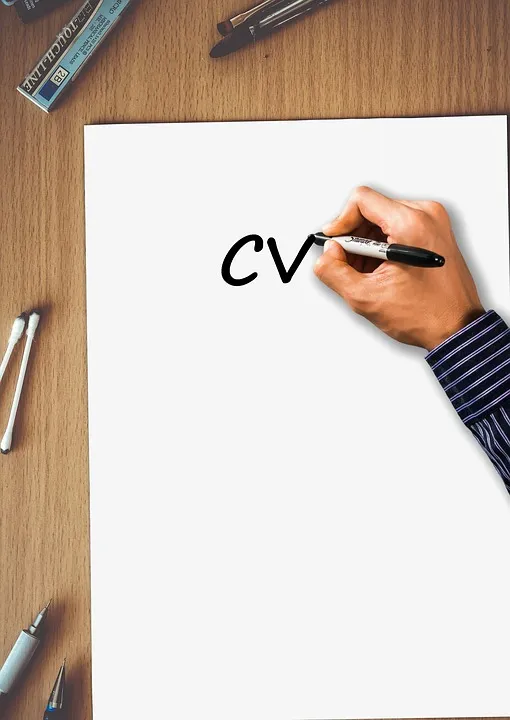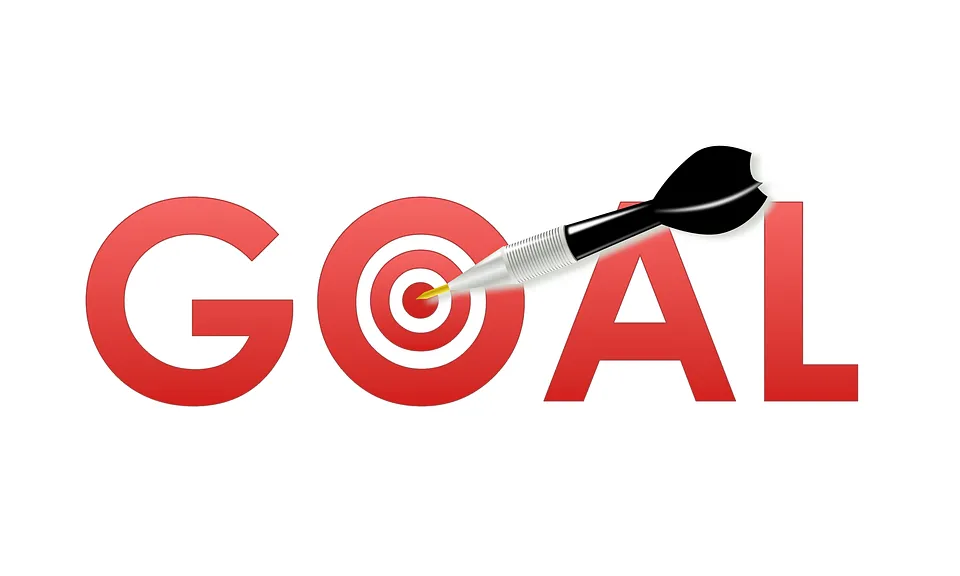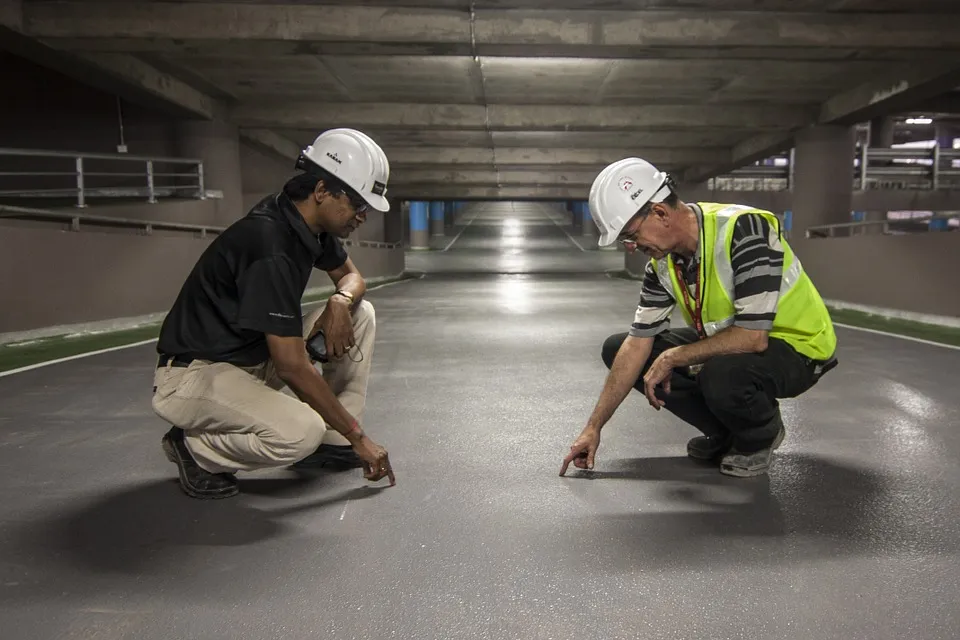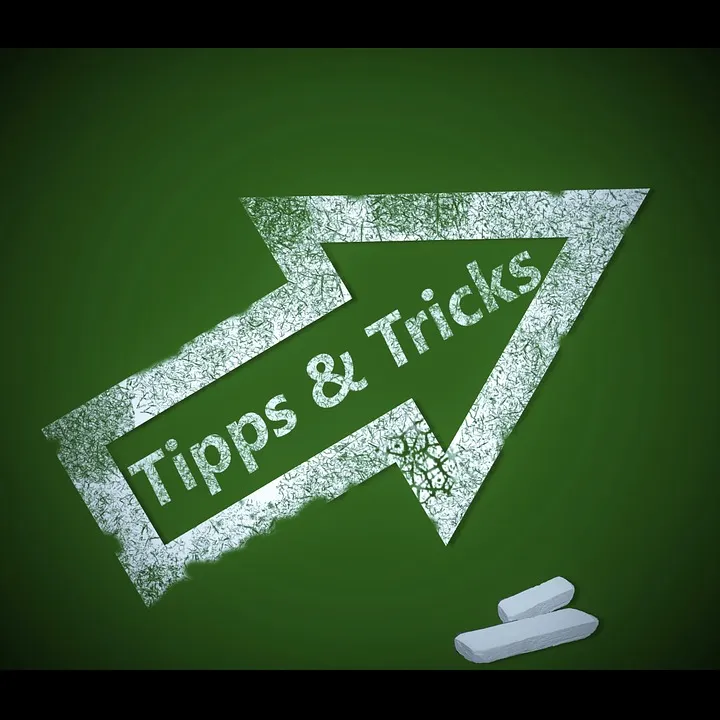
photocredit: www.pixabay.com
The letters CV stand for Curriculum Vitae, a Latin word meaning “course of life.” It is different from resume, which is usually less detailed, and not written chronologically. A CV on the other hand is an overview of a person's experience, abilities, educational and professional history, usually used for job applications. As a document, it affords you a platform to “sell” yourself to a prospective employer. It tells who you are and what you can do.
Your CV is a vital part of your job hunt and should therefore have the ability to provoke curiosity in your prospective employers as well as convince them that you are the man for the job. How closely your CV matches the job specification is the key factor in determining if they visualize you as suitable to join their organization. Unlike an application form, a CV allows you to decide which information is most relevant to the roles you apply for. It needs to be concise, engaging, accurate and thorough. The word concise should be noted because inasmuch as you need to outline your achievements and experiences, a CV that is very long or unwieldy could be a major “turn off” in a busy recruitment office.
As a matter of fact, studies have come to the conclusion that one in five employers have the patience to read a CV in its entirety.
FORMATS FOR WRITING YOUR CV
Your CV format is of the essence because information on your CV should be as legible as possible. The most popular formats are the Reverse chronological, which is the most common type and the Skill-based CV. In the former, your experience is listed in a chronological order, with the most recent at the top. The format is quick and easy to put together but can look generic and emphasizes any gaps that you have taken out of work. Skills can be highlighted under experience headings (though if you find yourself repeating the same skills, you might be better off with a skills-based layout).
Skills-based CVs are suitable for candidates with a great deal of previous work experience. This CV format emphasizes your skills and usually requires more detailed thought in comparison with a chronological CV. Using this format, work experience is listed below each key skill, including time duration of work and a brief summary of key duties or achievements. It also helps to split skills up into main headings such as education, work and achievements. The benefit of this CV format is that you are clearly identifying the skills required for the job and how you fit the bill. It also provides aids for prospective employers to make quick decisions.
THE CONTENTS OF A CV
The contents of a good CV include the following:

photocredit: www.pixabay.com
This section gives basic information such as your name, address, phone number etc. Your full name is written in a large font at the top of the page. Below this, your current residential address, email address and contact phone number. Your nationality should also be included if you are applying for an international job.

photocredit: www.pixabay.com
A short statement of about two or three lines telling the recruiting manager what skills, knowledge, and abilities you have that will help the company achieve its goals. This statement helps employers to determine how compatible your goal is with their organization and the position available. Note, the objective is the first piece of the CV that the reader will be attracted to and this will greatly influence his decision to either invest his time in reading further or discard the document. Therefore take your time and painstakingly create a powerful opening for your CV. It should look something like this:
Super motivated results-oriented Director of Procurement with over seven (7) years’ exciting experience in international procurement within Western African markets. Possessing a passion for delivering top class client-focused service only surpassed by the mind set for exceeding targets. Seeks a varied role that will allow me to consolidate both my education and professional background, expand my knowledge and provide opportunities for personal and professional growth.
Important Tips in writing Your Career Objective
a. Identify the Position You Want.
b. Make your Objective(s) customized: A well customized CV maximizes the effectiveness of your sales pitch. Don’t always use a generic one-size-fit-all objective; rather tailor it to suit the job requirement. This section may not fixed just as organizations have diverse objectives.
c. Highlight Core Skills: Your objective should include about four to six primary skills that fit the job requirements. You may list some associated secondary skills, but the primary lists of skills should be short and precise. It’s important to focus on what the employer wants.
d. Highlight the Skill Level
It could be more convincing if you show your skill level. Different methods can be used;
• Use a qualifier: expert, experienced, proficient or familiar to the skill.
• Add years of experience using the highlighted skills.
• Provide an accomplishment demonstrating successful use of the skill.
e. Use action words such as acquired, allocated, arranged, budgeted, balanced, briefed coached, collected, clarified etc.
f. Present Relevant Accomplishments.
g. Use Paragraphs and Bullets to highlight Accomplishments.
h. Be sure to assign titles to the accomplishments.
i. Highlight complementary Skills (if any)
A hiring manager will never assume you are better than what you tell them. If you don’t make the best case, you will lose out. Your objective isn’t about what you want. It’s about selling your potential value to an employer. It needs to focus on what’s in for the employer.

photocredit: www.pixabay.com
These are the degrees, diplomas, certificates, professional titles and so forth that an individual has acquired whether by full-time study, part-time study or private study, whether conferred in the home country or abroad and whether conferred by educational authorities, special examining bodies. In this section, list and date all previous education, including professional qualifications, placing the most recent first, (i.e. university), finishing off with school leaving certificate. Remember to include the title of each school, university or other institution and the years that you attended, and the certificates obtained. It can also be a good idea to list some key modules that you've taken, especially if they demonstrate your relevant knowledge, skills or interest in a certain job role as shown below:
February 2013 – July 2015, University of Lagos, B.Arts
• Candidate for Bachelor in English Literature (M.Arts)
• Major academic course highlights: Marketing, Technology Communication, Information Management System.
WORK EXPERIENCE

photocredit: www.pixabay.com
List your experience in reverse chronological order; ensure that things mentioned are relevant to the job. If you have plenty of relevant work experience, this section should come before education. You should include paid work, voluntary work, internships, placements and shadowing roles.
State the number of months or years that you worked at each place. Under each experience, highlight the key skills, responsibilities and duties which you gained to highlight your suitability for the job you are applying for.
Example:
2016 (present) – Niri Communications Limited – Marketing Executive
Niri Limited is Nigeria’s number one market place for electrical home appliances.
• Individually increased the monthly revenue from N210 to N280 in 3 months.
• Worked with the marketing team to spread our products from Port Harcourt to all the 36 states of Nigeria within a year.
• Won the ‘Salesman of the Year” award consecutively for July and August 2013.

photocredit: www.pixabay.com
This is a very brief summary of your most relevant skills and experience. Whatever you list should be relevant to the job and not over-exaggerated. The skills should be organized and skill level stated using words such as intermediate, highly experienced etc. as shown below:
• Experienced graphic artist well versed with Adobe Photoshop and Adobe Illustrator
• Proficient with MS Word, Excel, and PowerPoint
• Charismatic and confident public speaker
• Bilingual – Fluent in English and French
Your achievements should be any awards, top classifications, scholarships or impressive facts that may show leadership and successes. This is also the section where you list any of your published work, theses, presentations and lectures etc. Example:
Successfully took a national bestseller from manuscript to publication; Received certification in Advance Automation from Cranfield School of Engineering, UK.
Tell the recruiter what your interests outside of work are but at the same time, show them a skill or quality transferable to the job you are applying for. Without giving too much information, make sure that your interests reflect your personality and who you are.

photocredit: www.pixabay.com
These are people you have worked with in the past such as professors, previous employers, etc. that have seen your work and can credibly support praises that they give you.
TIPS TO KEEP IN MIND

photocredit: www.pixabay.com
Advance your strength: Use this opportunity to advance your strength and hide your weakness.
Avoid grammatical errors: Do proper proof reading and spelling checks. The reader always assumes you presented your best on your CV. Errors made on CV always present negative impression about you to the reader.
Tell the truth: Never lie or exaggerate on your CV. Every lie you present will make you lose credibility. One important character trait most employers want is integrity, so you can’t afford to lie on your CV.
Don’t leave gaps: Be careful of work experience gap; it might be used against you during interview.
Use professional email: Ensure your email address sounds professional. Remember your CV is the first impression you are making, and you may not have a second chance to make a good first impression.
Use good format: Make sure you type your CV in a good and legible format and font size. Use bullet points where necessary. Don’t use color; it’s not professional.
Keep it Current: CV is not a fixated document. As you make progress let it be reflected on your CV. Keep it up to date.
Tailor it: Always remember to modify your CV to suit the target job description and employer. This is important as you may have to send your CV to different companies, organization or industry.
Use numbers to advance your strength: Using numbers to back up your achievements makes selling yourself much easier. When writing your work history, don’t just say that you increased sales; tell them you increased sales by 70% over a six month period. Big numbers are especially good but don’t lie.
CONCLUSION
Your CV is not a document you put together carelessly. You are expected to painstakingly spend time thinking, writing and re-writing until it becomes the best description of you. Since this document forms the employer’s first impression of you, it must therefore reflect your best thought and effort. You may not have the second chance to make a good first impression, so let your CV make a good first impression. Remember, the goal of a CV is to be called up for interview and ultimately acquire the desired employment.

photocredit: www.pixabay.com